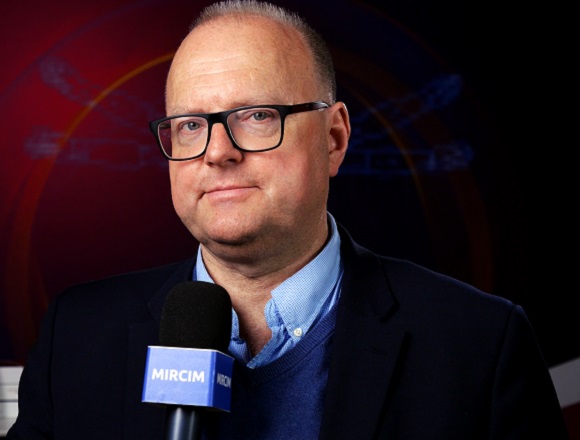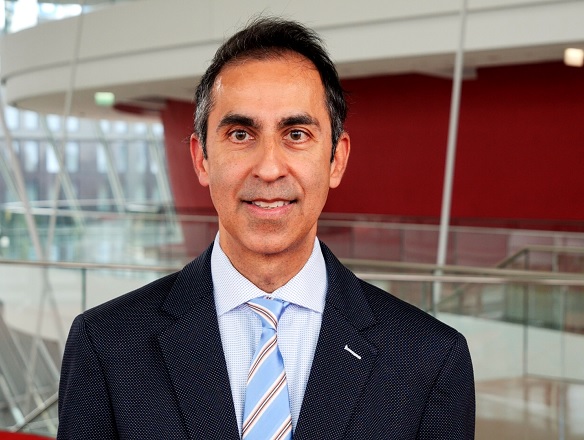Dr Hertzel Gerstein is a professor of medicine at the Faculty of Health Sciences at McMaster University and fellow of the Canadian Academy of Health Sciences.
If you were to name the 3 most important recent advances in the management of diabetes, what would they be?
Hertzel Gerstein, MD: [The question about] the 3 most important things in diabetes care of the last few years is a bit difficult to answer because a lot of really important things have happened.
I think [that] probably one would have to say: The clear and unambiguous identification of glucagon-like peptide-1 (GLP-1) receptor agonists and of sodium-glucose cotransporter 2 (SGLT-2) inhibitors as clear[ly] cardioprotective, renoprotective drugs that possibly have other benefits and at the same time don’t cause hypoglycemia and don’t cause weight gain, and actually cause weight loss as well as other benefits. And that is being a revolution in diabetes medicine.
I think that the other longer-term advance in diabetes care over the last 20 years has been the strong embrace of diabetes as a field, and of all the doctors and allied health professionals of diabetes, of evidence-based medicine, and basing what we do on good evidence coming from good randomized controlled outcomes trials. Diabetes is, I think, the second most evidence-based specialty—after cardiovascular medicine—and that’s because of a culture shift over the last 20 years.
 English
English
 Español
Español
 українська
українська









